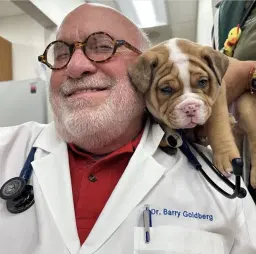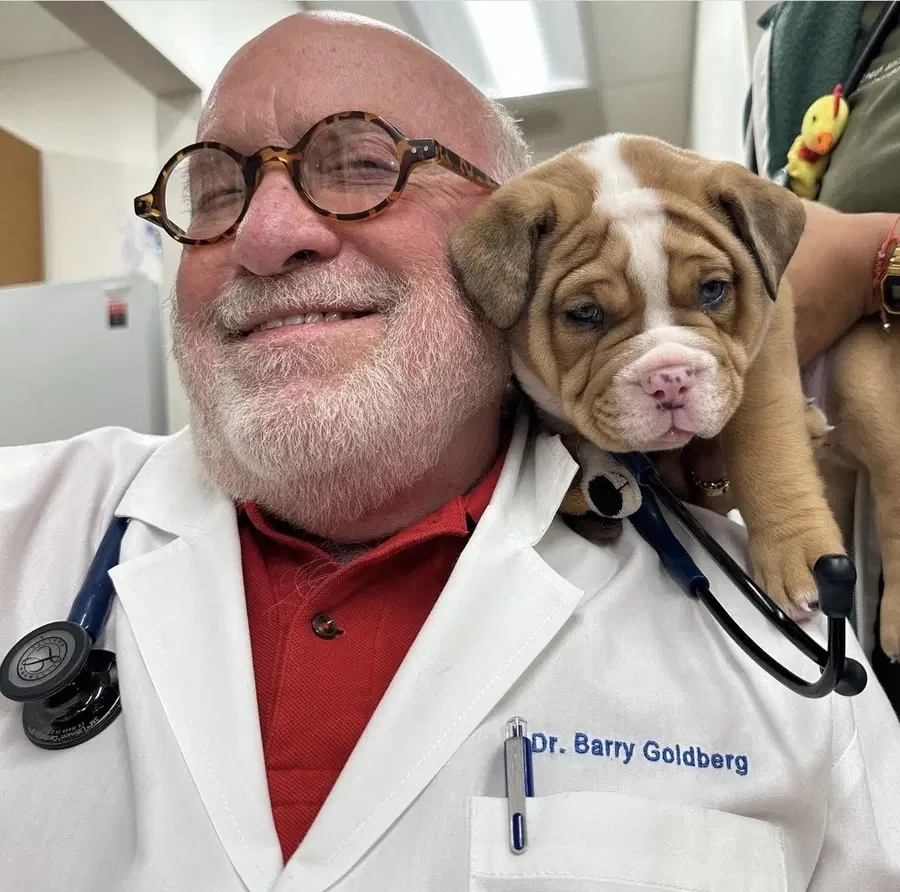Celery – it's the versatile veggie we often find in our refrigerators, adding crunch to salads and flavor to soups. But have you ever wondered if your dog can enjoy this crunchy snack too? The answer is YES! Celery is a safe and healthy treat for dogs, offering several benefits and a satisfying crunch they'll love.
Is Celery Safe for Dogs?
Celery is considered safe for dogs by multiple reputable sources, including veterinary websites and animal health organizations like the American Kennel Club and Purina. It's a low-calorie, low-fat vegetable that won't contribute to weight gain. In fact, celery is often recommended as a healthy snack for dogs who need to shed a few pounds.
Is Celery Good for Dogs?
Celery is more than just a safe snack – it's also packed with nutrients that can benefit your dog's health. It's an excellent source of vitamins A, C, and K, which support immune function and vision. Celery also contains essential minerals like potassium and manganese, which are important for various bodily functions.
In addition to its nutritional value, celery's crunchy texture can help promote dental health by scraping away plaque and tartar as your dog chews. It can also help freshen their breath!
How Much Celery Can Dogs Eat?
Like any treat, moderation is key when feeding celery to your dog. Treats should not make up more than 10% of their daily calorie intake.3 You can offer your dog a few bite-sized pieces of celery as a snack or occasional reward. If you're unsure about the appropriate amount, consult your veterinarian for guidance.
Risks of Feeding Celery to Dogs
While celery is generally safe, there are a few risks to be aware of:
Choking Hazard: Celery stalks can be a choking hazard, especially for small dogs. Always cut celery into small, bite-sized pieces to prevent this.
Digestive Upset: Some dogs may experience an upset stomach when eating celery, especially if they eat too much. Start with a small amount and monitor their reaction before offering more.
Pesticides: If you're not using organic celery, wash it thoroughly to remove any pesticide residue.
How to Safely Feed Celery to Your Dog
To ensure your dog enjoys celery safely, follow these simple tips:
Wash the celery thoroughly to remove any dirt or pesticides.
Cut the celery into small, bite-sized pieces, especially for small dogs.
Start by offering a small amount and monitor your dog's reaction.
Avoid adding salt or other seasonings, as these can be harmful to dogs.
A Healthy and Crunchy Treat
Celery is a refreshing, nutritious, and low-calorie treat that many dogs enjoy. It's a great way to add variety to their diet and provide them with essential vitamins, minerals, and fiber. By following the safety tips above, you can confidently share this crunchy vegetable with your pet and reap the many benefits it has to offer.
How Spot Pet Insurance Can Help
Spot accident and illness coverage can be applied at any vet in Canada or the U.S. Whether you are home, or traveling abroad, veterinary services your pet receives for the diagnosis, treatment, or management of eligible conditions can be eligible for reimbursement. Spot’s accident and illness plan covers a variety of conditions including; broken bones, lacerations, aggression, kidney disease, diabetes, and more. With the addition of Wellness Riders you can also receive reimbursements for wellness exams, certain vaccinations, dental cleanings, and more. Visit our website today to learn more about dog insurance or get a free quote.

Dr. Goldberg (DVM) has owned and operated 12 animal hospitals throughout his career and served as Senior Director of Innovation, designing medical products to be utilized in animal hospitals. Today, he provides dental services to 75 pet stores and salons.
*Jan 2019 to Aug 2024 administrator claims data.
Burke, Anna. “Can Dogs Eat Celery?” American Kennel Club, American Kennel Club, 3 Aug. 2022, www.akc.org/expert-advice/nutrition/can-dogs-eat-celery/.
Burke, Anna. “How Many Treats to Give a Dog a Day.” American Kennel Club, American Kennel Club, 7 Feb. 2023, www.akc.org/expert-advice/nutrition/how-many-treats-can-dog-have/.
The information presented in this article is for educational and informational purposes only and does not constitute or substitute for the advice of your veterinarian.












